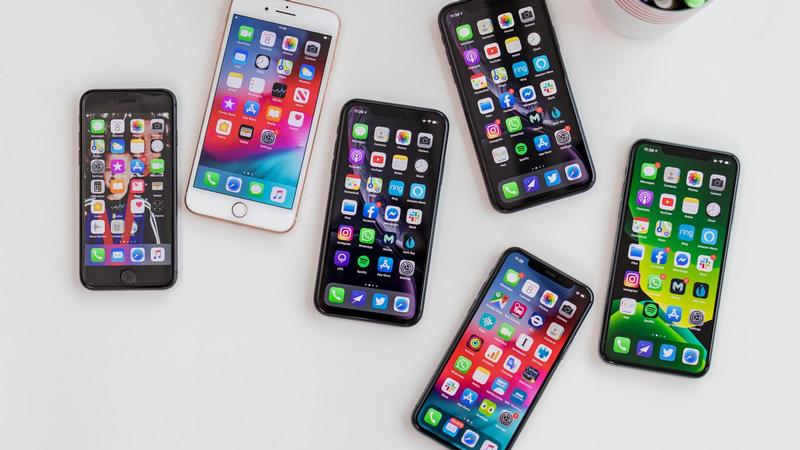iOS 14 has only been available since mid-September 2020, but we are already thinking about the next big update – iOS 15, which Apple will release in the autumn. With the new version it is likely that some iPhone owners will need to be prepared for Apple to end support for their device. Therefore we have summarised which phones will be supported in this article.
iOS 15 compatibility
All iPhone models that supported iOS 13 received the update to iOS 14. However, with the update to iOS 15, certain Apple phones will no longer part of the update program.
According to current information, the iPhone SE (1st generation), the iPhone 6S and the iPhone 6S Plus will not receive iOS 15. The 1st generation iPhone SE went on sale at the beginning of 2016, the iPhone 6S and 6S Plus were released at the end of 2015.
Nevertheless, there is still a long list of supported devices, with the oldest models dating from the end of 2016 – the iPhone 7 and 7 Plus.
- 2021 iPhones (iPhone 13?)
- iPhone 12 Pro Max
- iPhone 12 Pro
- iPhone 12
- iPhone 12 Mini
- iPhone SE (2020)
- iPhone 11 Pro Max
- iPhone 11 Pro
- iPhone 11
- iPhone XR
- iPhone XS
- iPhone XS Max
- iPhone X
- iPhone 8
- iPhone 8 Plus
- iPhone 7
- iPhone 7 Plus
Apple is expected to present iOS 15 for the first time at its own developer conference WWDC in early summer. The final release with the new iPhones will follow in autumn 2021, probably in September. Read about the features we expect to see in iOS 15.
Here’s everything you need to know about iOS 14. Plus our review of iOS 14.
This article appeared on Macwelt. Translation by Karen Haslam.

